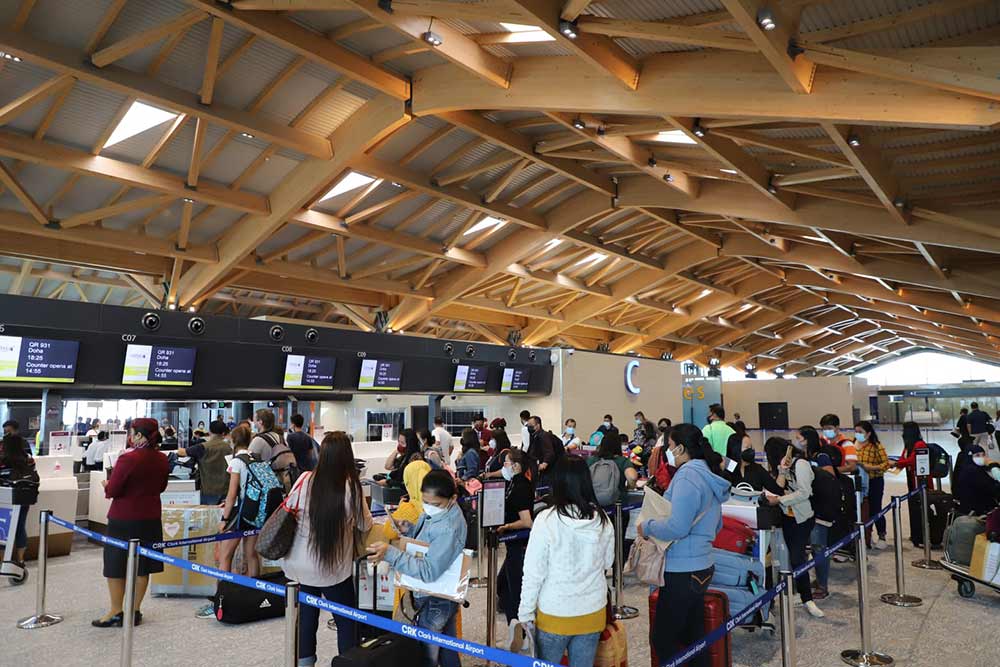President Ferdinand Marcos Jr. on Wednesday asked private banks and government financial institutions to put up a system that would aid his administration’s bid to address an estimated 6.5 million housing backlog by the end of his term in 2028.
The President made the call during his meeting with Department of Human Settlements and Urban Development (DHSUD) Secretary Jose Acuzar, Bangko Sentral ng Pilipinas Governor Felipe Medalla and the heads of the Bureau of the Treasury, Pag-IBIG, Government Service Insurance System, Philippine National Bank and Land Bank of the Philippines on Wednesday.
Also present were representatives from Banco de Oro, Metrobank, Union Bank, Ayala Corp. and China Bank who vowed to support Marcos’ housing program and help craft the financing scheme that he wants.
Marcos said the support of the private banking sector in his administration is indispensable and mentioned about providing “sufficient incentives” to entice more private banks to be involved in the program. It was not specified what types of incentives will be offered.
“I think we can, there should be sufficient incentives… (an) arrangement for the private banks to come in,” he said.
Acuzar shared Marcos’ views about the need to provide incentives to the private sector to entice them to take part in the building and financing aspects of the housing program of the administration.
He said the housing program aims not just to address the housing backlog but also pump prime the economy.
Acuzar said his department targets to build about one million houses a year, or around six million houses by the end of the President’s term, and would need at least P36 billion budget a year for the next six years.
He said this is possible with the cooperation of private lending institutions.
Acuzar said DHSUD is also looking to build “in-city, mix-use residential hubs” to cater to minimum-wage earners and middle-class families.
The President’s directive followed close on the heels of the turnover by the World Bank of the Framework for Resilient Housing and Shelter Programs to the DHSUD.
The said framework intends to direct the coordination and identification of housing strategies and programs of national government agencies, local government units and government partners in all phases of disaster management.





